November 1, 2024 | 09:28 GMT +7
November 1, 2024 | 09:28 GMT +7
Hotline: 0913.378.918
November 1, 2024 | 09:28 GMT +7
Hotline: 0913.378.918
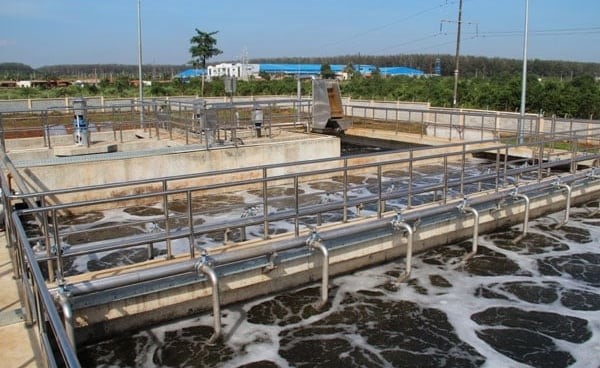
A wastewater treatment plant is operating in Thuan An city, Binh Duong province.
The World Bank’s Board of Chief Executive Officers has just approved the Water Environment Improvement Project in Binh Duong province, aiming to improve water quality and treat wastewater for people in three provincial cities.
Ms. Carolyn Turk, the World Bank's Country Director in Vietnam, said: “In Vietnam, challenges such as untreated wastewater and inadequate drainage systems harm health and pose a risk of reducing GDP by 3.5%/year by 2035.
This project is an important step in efforts to create a cleaner, healthier environment in Binh Duong province, thereby contributing to sustainable growth and development.”
With a total investment of USD 311 million, including USD 231 million in loan stock from the World Bank, the project is designed to fundamentally transform wastewater management activities on a total area of over 33,000 hectares in Binh Duong province’s three cities: Thuan An, Di An, and Tan Uyen.
According to assessments by specialized agencies, the ability to collect and treat wastewater in the above-mentioned areas is currently relatively limited, with low coverage. The World Bank’s project will help expand human services, bringing direct benefits to approximately 550,000 people by 2032.
The project will also increase the rate of treated wastewater from less than 10% to 32% in Tan Uyen city and from 17–19% to 45% in Thuan An and Di An cities. Increasing the rate of treated wastewater in these high-density urban areas is important for reducing pollution in the Saigon and Dong Nai river systems.
The World Bank assessed that the project's technical design took into account future climate scenarios to ensure infrastructure is resilient, adaptive, and sustainable in the long term. This includes choosing technical solutions to save energy and reduce greenhouse gas emissions.
In addition, the project, with a value of over USD 300 million, also integrates principles of the circular economy and focuses on resource efficiency and sustainability. For example, the use of LED lights and solar panels will reduce energy consumption, while the reuse of treated sludge and wastewater will contribute to more sustainable resource management.
As of July 2023, the World Bank has committed more than USD 25 billion in non-refundable aid, preferential loans, and credit to Vietnam since 1993. Vietnam's current investment portfolio includes 19 projects that are being implemented with a total commitment of USD 3.8 billion.
Translated by Huyen Vu Thu
/2024/10/31/1050-1-135924_723.jpg)
(VAN) As of now, the outbreak of avian influenza A/H5N1 in Dong Nai province that killed 20 tigers and 1 leopard has been completely controlled.
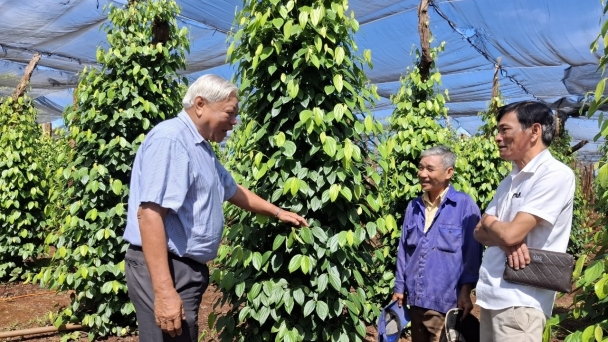
(VAN) Even when pepper prices hit rock bottom, many farmers held on to their gardens, hoping for a return to better times. That day seems to be approaching.
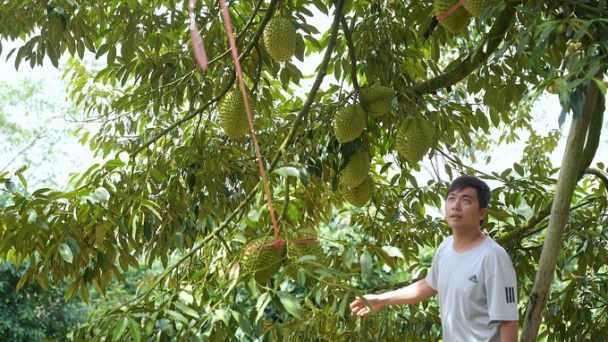
(VAN) Ta Dung's 22-year-old, luxuriant durian garden, which is managed in accordance with environmentally friendly cultivation methods, has become a popular tourist destination.
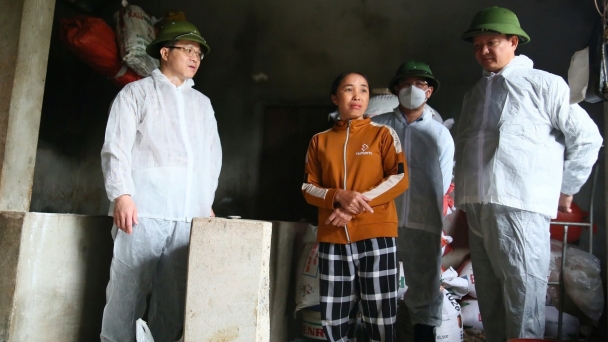
(VAN) Possessing a large herd of livestock always poses a high risk of disease. To control it well, Nghe An must build district-level disease-free zones.
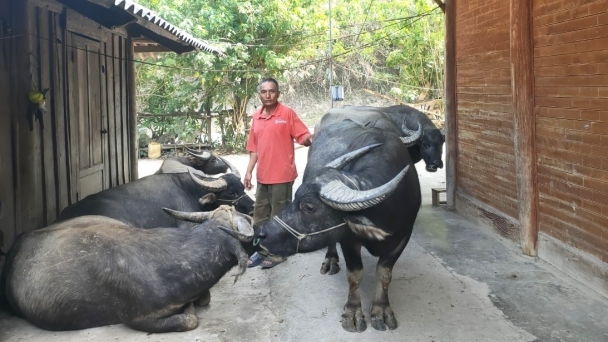
(VAN) Owning a large herd of livestock brings Moong Van Chun hundreds of millions of VND every year. Chun always adheres to the vaccination schedule to protect his livestock.
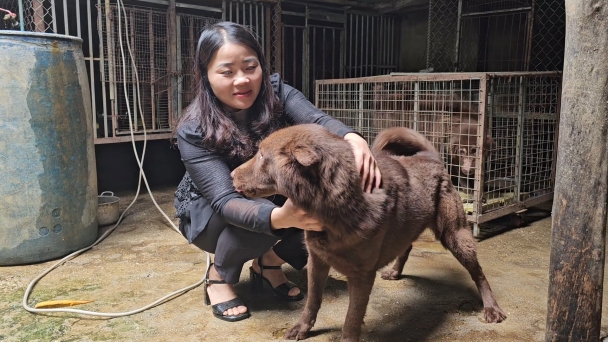
(VAN) Bac Ha dogs often follow their owners to the paddy fields, herd livestock and guard the house. They are very smart and never lose their appeal to pet lovers.
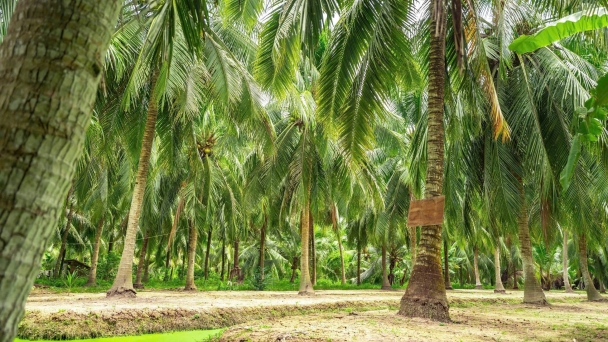
(VAN) Ben Tre currently has over 20,000 hectares of coconut land cultivated under organic standards, with about 13,000 hectares certified.